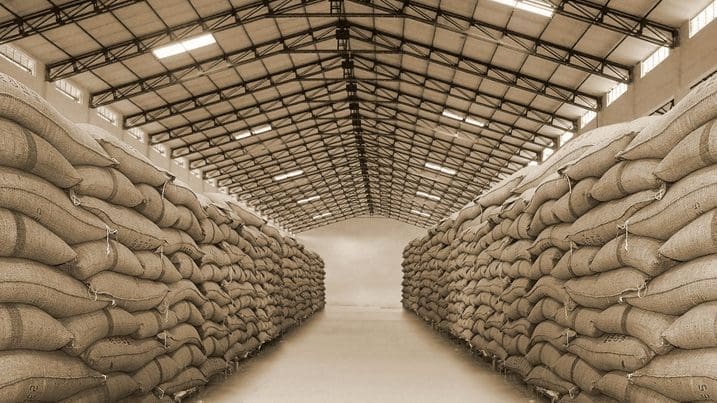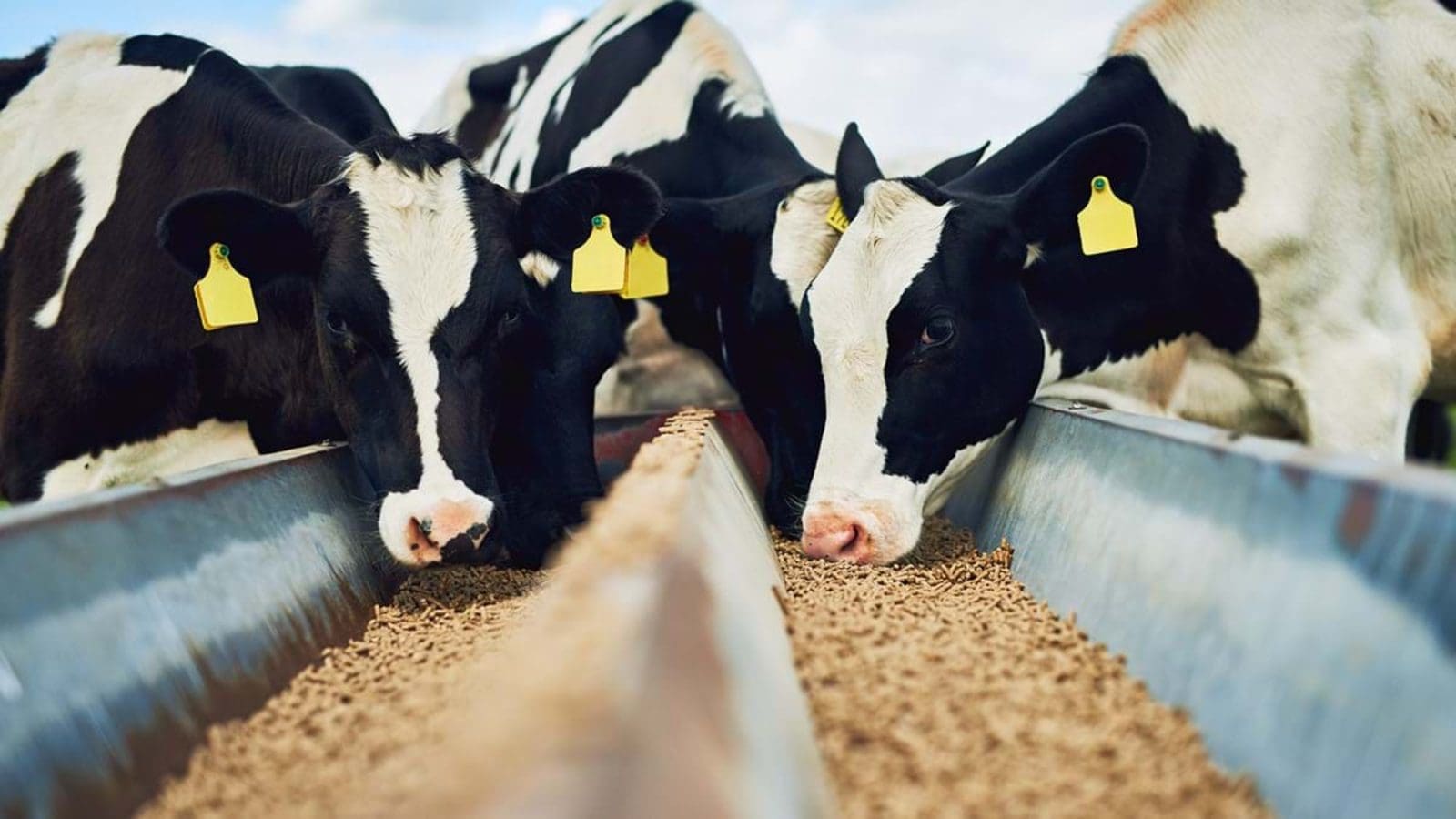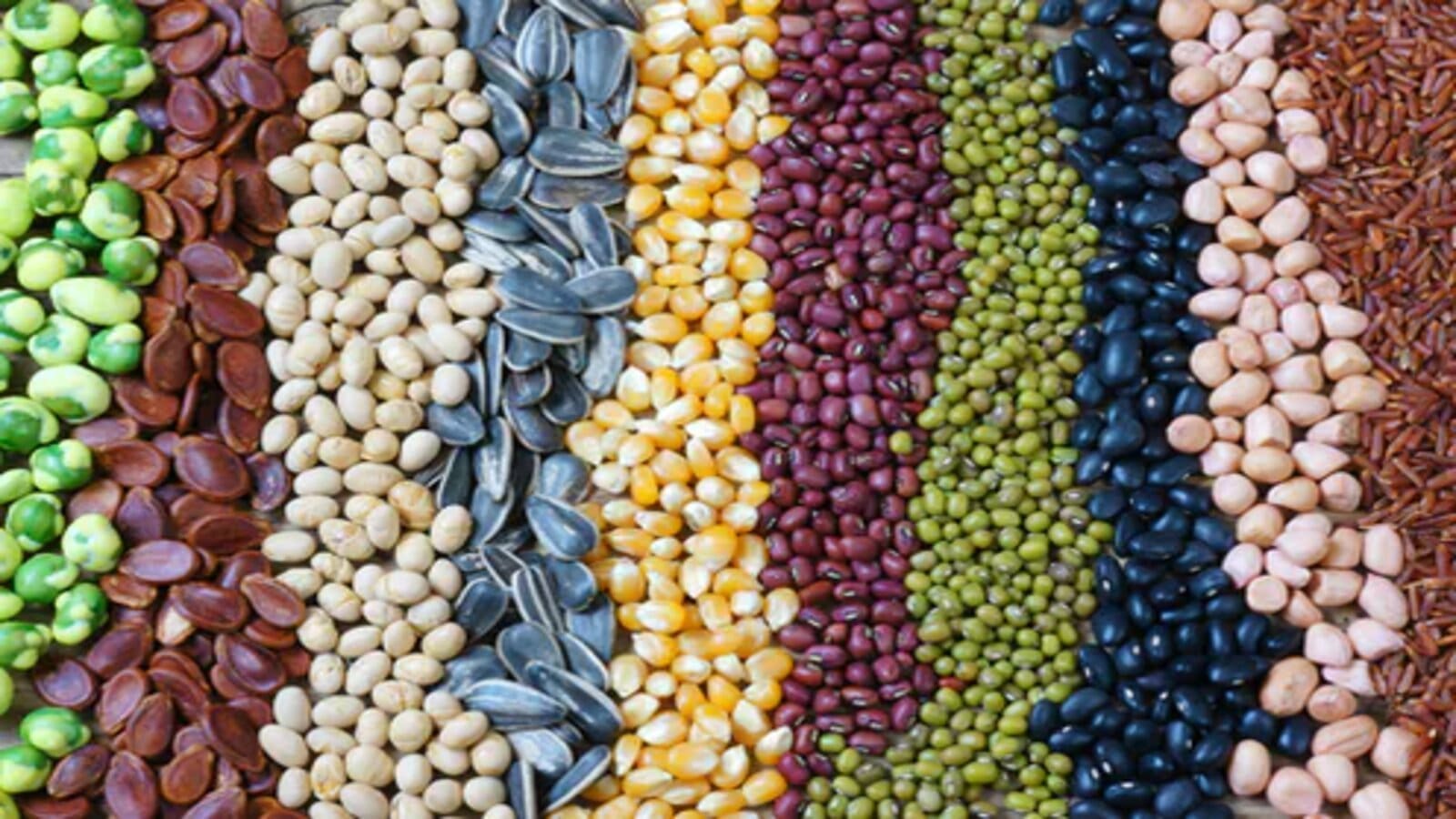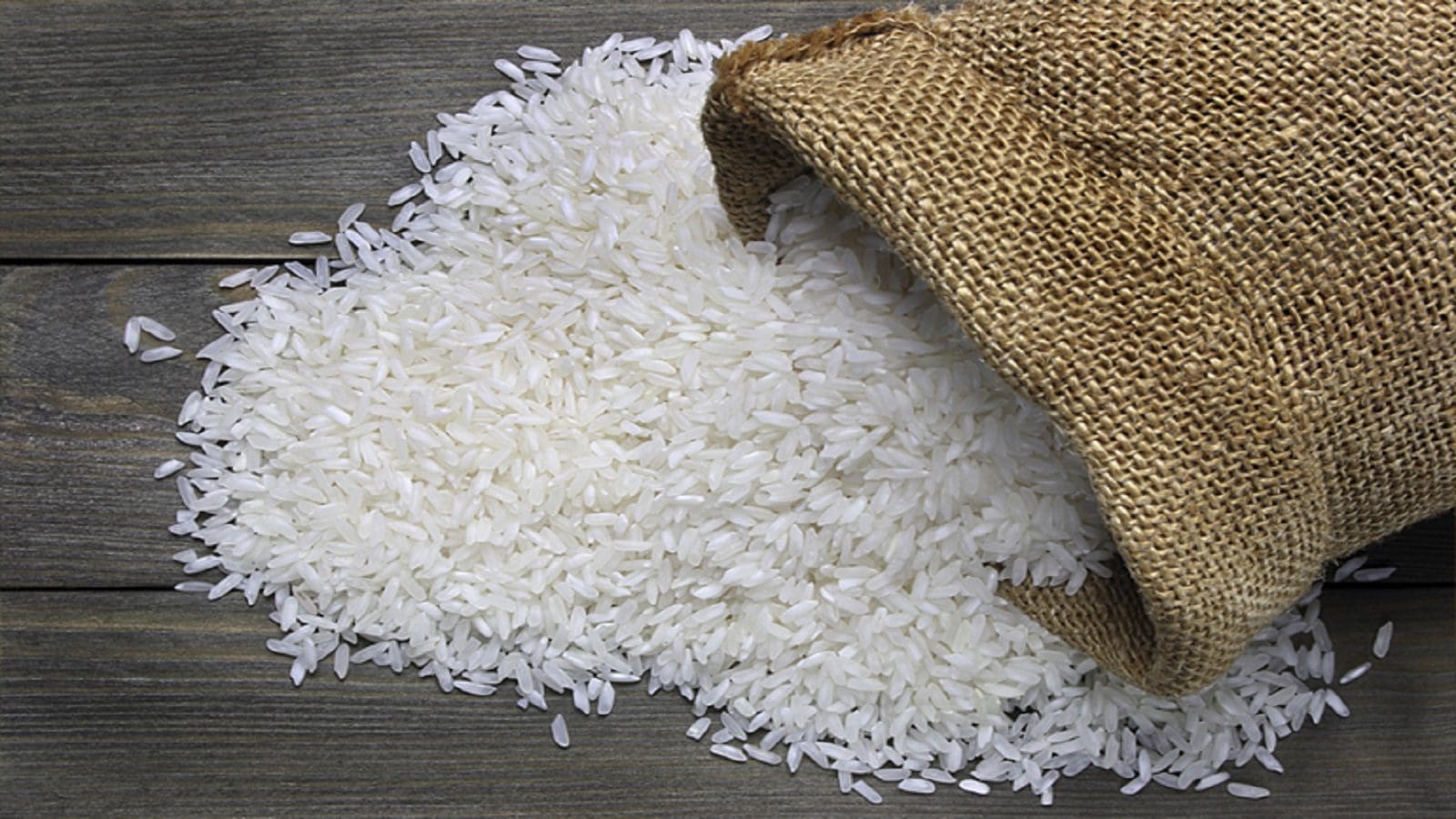INDIA- Wheat procurement in India, the world’s second-biggest wheat producer, has increased by almost 1 million tonnes, jumping from 18.8 million tonnes last year to 19.5 million tonnes as of 26th April 2023.
According to unnamed government officials, this increase has brought the wheat procured to more than the total purchases made in the previous year, a report by Zawya provided.
This increased procurement will help the Indian state bring down wheat prices, which jumped to a record high earlier this year and lifted food inflation.
In the first half of April, procurement gained momentum in the central state of Madhya Pradesh, while, in the second half of this month, the northern states of Punjab and Haryana contributed significantly to the gain.
According to Economic Times, the government has projected a record wheat production of 112.18 million tonnes in the 2023-24 crop year (July-June), as per the second estimate of the agriculture ministry.
The Indian government plans to buy 34.15 million tonnes of new-season wheat from local farmers, boosting local production of milled products.
Additionally, India, also the world’s second-biggest consumer of wheat, banned wheat exports in May 2022 after a sharp, sudden rise in temperatures hampered output, even as export demand picked up to meet the global shortfall triggered by the Russia-Ukraine conflict.
There was an expectation that the ban on exports would lift this year but current reports are pointing to the contrary as the country is keen on protecting local supplies of grain.
Currently, the procured wheat will help rebuild stocks and help farmers whose crop was damaged by rain and hail, fetching low prices in the open market.
This unfortunate phenomenon has forced the government to ease procurement norms to help farmers recover from incurred losses.
According to a New Delhi-based dealer with a global trade house, farmers have been selling damaged wheat to state-run procurement agencies and their good quality crop to private players.
“It seems at the current pace, government procurement can reach 30 million tonnes. That would be enough for the government to run welfare schemes but won’t allow it to lift a ban on the exports,” the dealer said.
For all the latest grains industry news from Africa, the Middle East and the World, subscribe to our weekly NEWSLETTERS, follow us on LinkedIn and subscribe to our YouTube channel.










